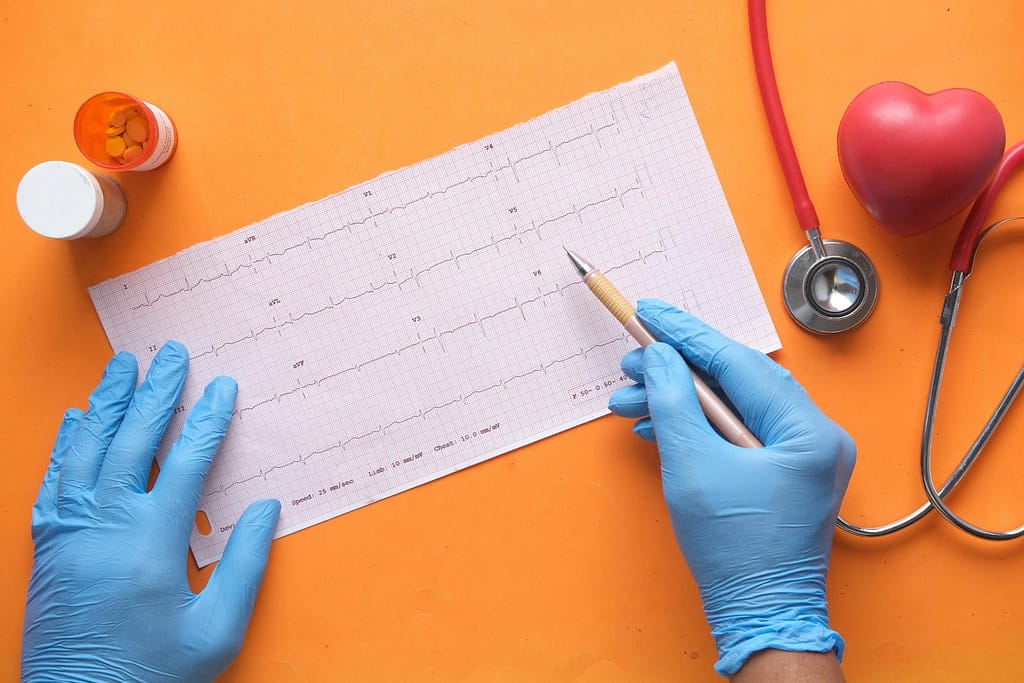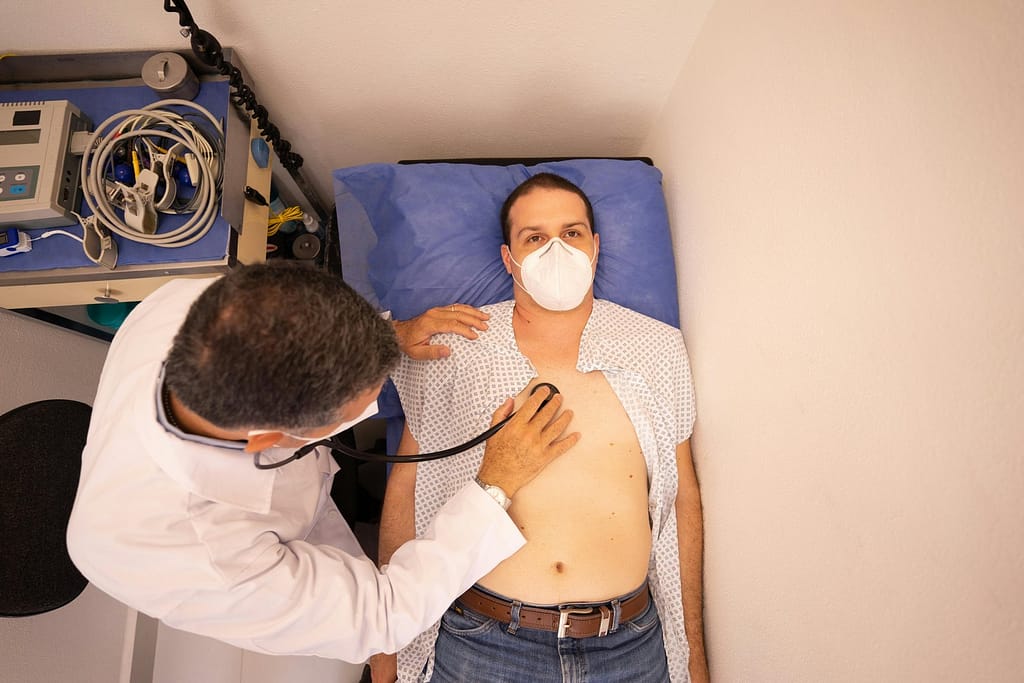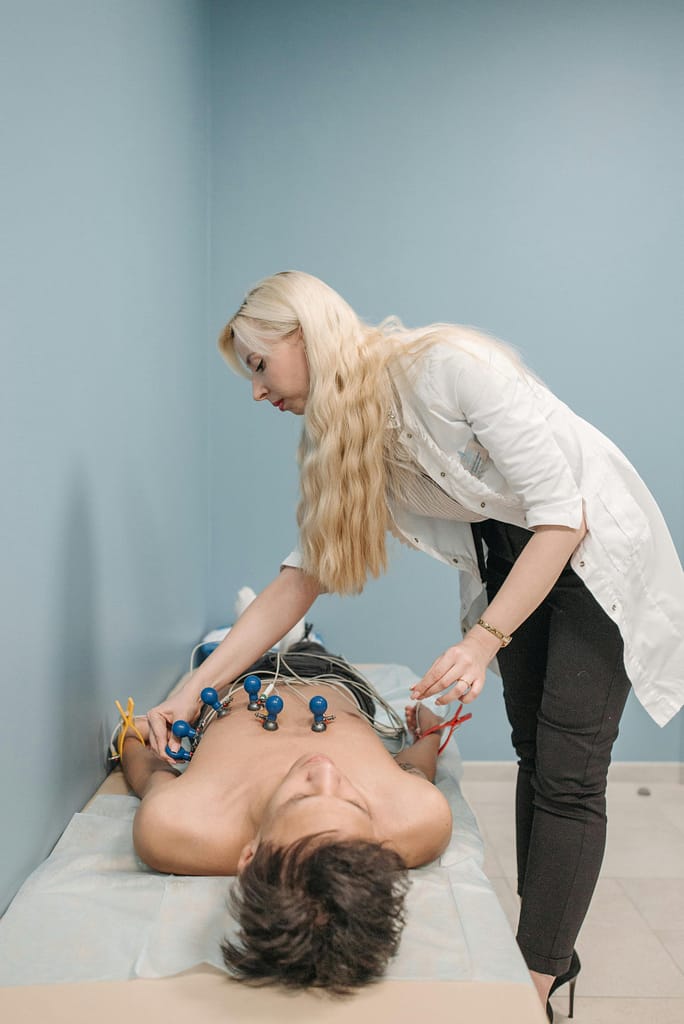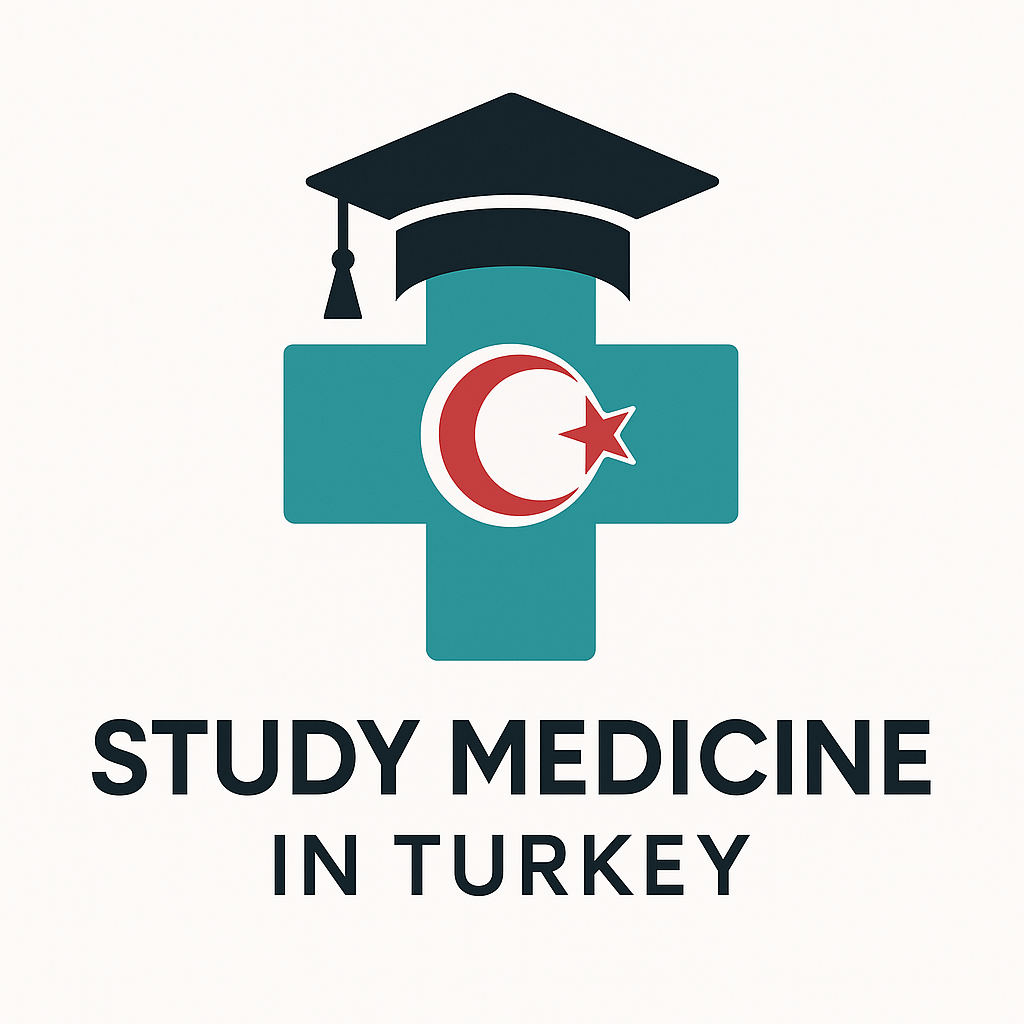When it comes to medical specialties, few are as impactful and demanding as cardiology. Cardiologists are at the forefront of diagnosing, treating, and managing diseases of the heart and blood vessels, playing a critical role in modern healthcare. But what is a cardiologist, and what does their work entail?
Contents

This article is designed to provide a comprehensive overview of the cardiologist’s role, daily responsibilities, and the path to becoming one. Whether you’re a medical student just starting your journey or nearing the end of your studies and exploring specialties, this guide will help you understand what it takes to become a cardiologist and why it’s such a rewarding career.
What Is a Cardiologist? Understanding the Role
A cardiologist is a doctor who specializes in the prevention, diagnosis, and treatment of diseases affecting the cardiovascular system, which includes the heart and blood vessels. These medical professionals are trained to handle complex conditions like heart attacks, arrhythmias, and heart failure.
What Does a Cardiologist Do?
Cardiologists perform a variety of critical tasks, including:
- Diagnosing Heart Conditions: Using tests like electrocardiograms (ECG), echocardiograms, and stress tests to identify problems.
- Treating Cardiovascular Diseases: Managing conditions such as coronary artery disease, hypertension, and atrial fibrillation.
- Performing Procedures: Conducting minimally invasive procedures like angioplasty and placing stents.
- Providing Preventive Care: Offering guidance on lifestyle changes to reduce the risk of heart disease.
- Monitoring Patient Progress: Following up with patients to adjust treatments and ensure optimal outcomes.
Why Is a Cardiologist’s Work Important?
Heart disease remains one of the leading causes of death globally. Cardiologists play a vital role in reducing mortality rates by:
- Identifying risk factors early.
- Preventing complications through timely interventions.
- Offering advanced treatments for life-threatening conditions.
Their expertise saves lives every day, making cardiology one of the most impactful fields in medicine.
Why Become a Cardiologist?
Choosing cardiology as a specialty comes with numerous rewards, both personal and professional. Here are some reasons why many medical students are drawn to this field:
- A Chance to Save Lives Daily: Cardiologists make a tangible difference in their patients’ lives, often in emergency situations.
- Opportunities for Specialization: From interventional cardiology to electrophysiology, the field offers diverse career paths.
- Intellectual Challenge: Cardiology is a fast-evolving field that requires problem-solving and staying up-to-date with advancements.
- High Demand: With heart disease being so prevalent, skilled cardiologists are always in demand worldwide.
How to Become a Cardiologist?
Embarking on a career in cardiology requires a significant commitment to education and training. While the general pathway involves obtaining a medical degree followed by specialized training, the specifics can vary by country. Below is an overview of the typical steps involved:
- Obtain a Medical Degree: Complete a recognized medical program, which typically spans 5 to 6 years, depending on the country.
- Complete Internship/Residency in Internal Medicine: Undergo a residency program focusing on internal medicine, usually lasting 2 to 3 years.
- Specialize in Cardiology: Pursue further specialized training in cardiology, which can take an additional 3 to 5 years.
- Obtain Certification/Licensure: Pass the necessary examinations and fulfill any additional requirements to practice as a certified cardiologist.
Becoming a Cardiologist in Different Countries

The pathway to becoming a cardiologist varies across countries, with differences in educational systems, required examinations, and training durations. Below is a detailed look at the processes in several countries:
United States
- Medical Degree: Complete a 4-year Doctor of Medicine (MD) or Doctor of Osteopathic Medicine (DO) program.
- Residency in Internal Medicine: 3 years of residency training in internal medicine.
- Cardiology Fellowship: 3 to 4 years of fellowship training in cardiology.
- Licensing Examinations: Pass the United States Medical Licensing Examination (USMLE) Steps 1, 2, and 3.
- Board Certification: Obtain certification from the American Board of Internal Medicine (ABIM) in cardiology.
The entire process typically takes around 10 to 11 years after completing an undergraduate degree.
Germany
- Medical Degree: Complete a 6-year medical program (Staatsexamen).
- Residency in Internal Medicine: 3 years of training in internal medicine. Residency programs vary between the hospitals. Some require a residency of internal medicine followed by sub specialization in cardiology. Others, like the university hospital Heidelberg, offer an integrated Cardiology program, starting Internal Medicine and Cardiology at the very same time with a major focus on cardiology among the rotations.
- Specialization in Cardiology: 3 years of specialized training in cardiology.
- Licensing Examination: Pass the Facharztprüfung (specialist examination) to become a certified cardiologist.
In total, it takes approximately 12 years to become a cardiologist in Germany.
United Kingdom
- Medical Degree: Complete a 5-year Bachelor of Medicine, Bachelor of Surgery (MBBS) program.
- Foundation Programme: 2 years of general training covering various medical specialties.
- Core Medical Training (CMT): 2 years focusing on internal medicine.
- Specialty Training in Cardiology: 5 years of specialized training in cardiology.
- Membership Examinations: Pass the Membership of the Royal College of Physicians (MRCP) exams.
The entire process takes approximately 12 to 14 years.
France
- Medical Degree: Complete a 6-year medical program.
- Competitive Examination (ECN): Pass the Épreuves Classantes Nationales (ECN), a national ranking exam that determines specialty placement.
- Residency in Cardiology: 5 years of residency training in cardiology.
- Certification: Obtain certification upon successful completion of residency.
In France, the process takes approximately 11 years post-secondary education.
Turkey
- Medical Degree: Complete a 6-year medical program.
- Specialization Examination (TUS): Pass the Tıpta Uzmanlık Sınavı (TUS), a medical specialty exam.
- Residency in Cardiology: 5 years of residency training in cardiology. The programs are nationally equalized, meaning the program is he very same among the different types of Hospitals like Training and Research Hospital (Eğitim ve Araştırma Hastanesi”) or City Hospital(Şehir Hastanesi).
- Certification: Obtain certification upon successful completion of residency.
The entire process in Turkey takes approximately 11 years after secondary education.
Note: The specific examinations, required scores, and training durations can vary and are subject to change. It is advisable to consult official medical education authorities or institutions in each country for the most accurate and up-to-date information.
Cardiology Subspecialties
Cardiology is a vast field, and many cardiologists choose to focus on specific areas. With the invention of new technologies in the field of medicine, new procedures emerge, which need to be performed by specialists. It is important that these are mastered by the proper people to aim for high accuracy. For this, physicians also within the very same field need to specialize. Some popular subspecialties include:
- Interventional Cardiology:
- Specializes in minimally invasive procedures like angioplasty and stent placement.
- Electrophysiology:
- Focuses on diagnosing and treating heart rhythm disorders (arrhythmias).
- Pediatric Cardiology:
- Treats congenital and acquired heart conditions in children.
- Preventive Cardiology:
- Emphasizes lifestyle changes and early interventions to prevent heart disease.
- Heart Failure Specialists:
- Manages advanced cases of heart failure and may coordinate heart transplants.
A Day in the Life of a Cardiologist

Curious about what a typical day looks like for a cardiologist? Here’s a glimpse:
- Morning: Review patient cases and conduct hospital rounds to check on inpatients.
- Midday: Perform diagnostic tests, procedures, or consultations in a clinic or hospital setting.
- Afternoon: Discuss treatment plans with patients and their families.
- Evening: Stay updated on the latest research or attend medical conferences.
While the schedule can be demanding, the ability to save lives and improve patient outcomes makes the effort worthwhile.
Future of Cardiology: Innovations and Trends
The field of cardiology is constantly evolving. Here are some exciting developments shaping its future:
- Artificial Intelligence (AI):
- AI-powered tools are improving diagnostics and treatment planning.
- Minimally Invasive Procedures:
- Advancements in catheter-based interventions are reducing recovery times.
- Telemedicine:
- Remote consultations are making cardiovascular care more accessible.
- Personalized Medicine:
- Genetic testing is enabling treatments tailored to individual patients.
Is Cardiology the Right Specialty for You?
If you’re considering cardiology as a career, ask yourself the following questions:
- Do you enjoy solving complex medical problems?
- Are you comfortable working in high-pressure environments?
- Do you have a passion for improving patient outcomes?
- Are you willing to commit to continuous learning and staying updated on new advancements?
If you answered “yes” to most of these, cardiology might be the perfect fit for you.
Conclusion
So, what is a cardiologist? In simple terms, a cardiologist is a highly skilled doctor dedicated to diagnosing, treating, and preventing heart and vascular diseases. Their work saves lives, improves health outcomes, and pushes the boundaries of medical science.
Becoming a cardiologist is a challenging yet rewarding journey that requires years of training, dedication, and a passion for helping others. For medical students interested in this field, cardiology offers endless opportunities for personal and professional growth.

Hey there,
As the admin of studyingmedicineinturkey.com, I bring firsthand experience as a foreign medical student studying in Ankara, Turkey. My journey has provided me with valuable insights into the challenges and opportunities that international students encounter while pursuing their medical education in Turkey.
Best of Luck:)


